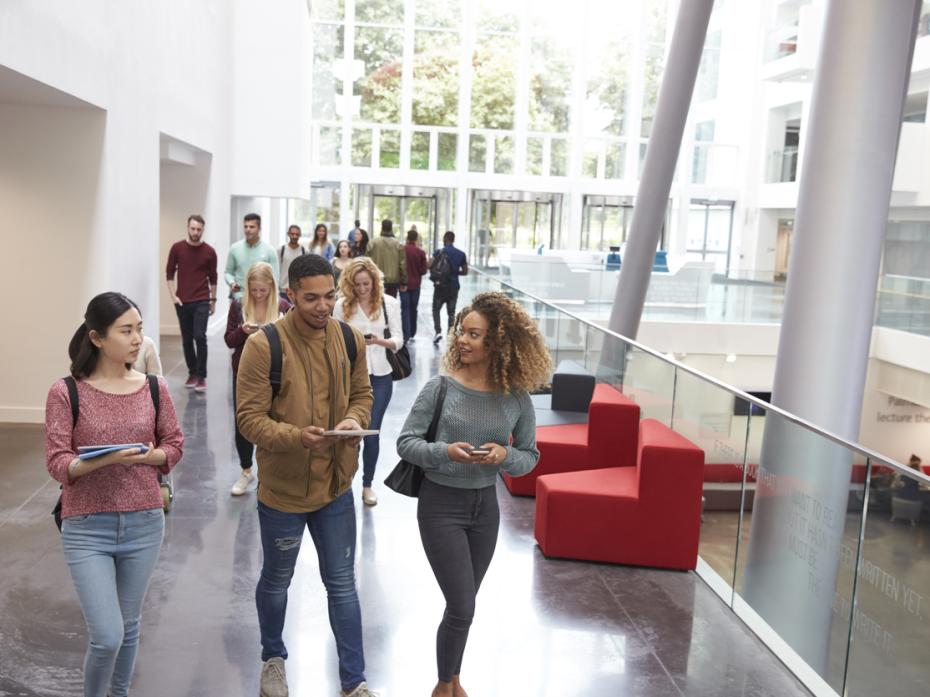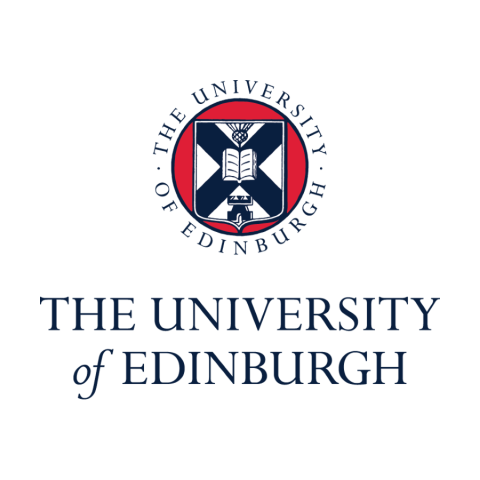
Rethinking online learning to tackle global injustices
In a world of deepening economic and social inequalities, how can online learning programmes help tackle systemic global injustices? How can universities build effective educational environments and creative pedagogies to support critical thinking and vigorously challenge contemporary forms of racism, colonialism and inequity?
These are some of the questions I have reflected on over the past almost 14 years of teaching at the University of Edinburgh. In 2011, along with colleagues at the School of Social and Political Science, I developed our school’s first fully online distance learning MSc postgraduate programmes. To achieve this, we partnered with an interdisciplinary team spanning the three colleges of the university to co-create and co-teach the MSc in Global Challenges.
Creating the MSc in Global Challenges
Addressing global development, health and environmental inequalities, this programme has attracted students from across the world. The insights and trajectories of our students have been deeply inspirational – many have gone on to do PhDs or work with the United Nations, embassies and non-governmental and humanitarian organisations. In this resource, I reflect on the teaching philosophy and learning approach we have nurtured and associated critical conversations about pedagogy.
In 2016 my colleagues and I published an article called “Decolonising online development studies? Emancipatory aspirations and critical reflections – a case study”. At the time, it was one of the few critical pedagogy studies to think through international development teaching and the risks of unintentionally repeating or adopting problematic thinking patterns that support Western biases and colonial power relations in online learning (and how to try to counter these). We proposed a critical framework for analysis that took into account barriers to social inclusivity, including the politics of language, that shaped how people were able to interact in the programme. And we explored what it meant to integrate critical theory with practitioner-oriented approaches, asking questions about what decolonisation means to whom and with what implications in course modules that covered topics from migration and displacement issues to questions of climate change policy and global health equity initiatives, among other themes.
- Collection: Decolonising the curriculum
- Steps to decolonise higher education: after yourself, change the curriculum
- Truth is necessary for reconciliation
Some years ago, online learning initiatives were treated with suspicion as a technology craze that could not truly build effective communities of critical learners. This is no longer the case, by and large. Our online students have carved out sophisticated learning paths while interacting with ambitious courses – sometimes in live discussions and sometimes in asynchronous conversations that have built incredible communities of practice. But there are important online learning-specific pedagogic points to keep in mind as course instructors craft and adapt approaches to support individual and group learning.
One is the risk of re-entrenching problematic dynamics of “tokenising” knowledge from historically marginalised populations, even when intentions are to do exactly the opposite. It is important to ensure that online learning platforms grapple with colonial legacies and tendencies – including biases that are easily replicable in virtual technology platforms. For example, it is increasingly recognised that decolonising is not simply a matter of adding authors from Global South countries to reading lists. It is also a matter of ensuring that the underpinning pedagogies, assignments and learning strategies themselves tackle systemic biases that have often shaped the field of international development, and doing so from the outset. This may mean inviting students into at times uncomfortable conversations about ways of understanding histories of dispossession, or ways of thinking about and governing societies. It also means ensuring that early course activities trouble assumptions, including about what development is or means to different people and whose values are prioritised or overlooked. There is a range of other possibilities, too, such as changing the way that case studies are framed. For example, you could start with stories of heavily oppressed peoples instead of with the technocratic logic of United Nations and government reports.
Challenging hegemonic assumptions
Despite global talk of “decolonisation”, there has been a tendency for globally renowned development academics from wealthy countries to dominate reading lists. We have tried to challenge this and to ensure that activity-focused coursework and online case studies challenge hegemonic assumptions in mainstream policy literature and development discourse. Activities include making mind maps and counter maps (maps that challenge state borders) that explore different views on the life journeys of refugees and the political dynamics that shape these experiences. We also give students the opportunity to reflect on films that can bring underappreciated injustices to light. It is important to note that these also have ambiguities and limitations that need to be discussed critically.
Our pedagogy work has also been part of a wider conversation in the scholarly literature on how, as Lisa Lau and Ana Cristina Mendes in their article “Decolonising the Global North university: host-guest dynamics and the limits of hospitality” argue, “precautions need to be taken when incorporating non-Western knowledges into Western universities to avoid mishearing, misrepresenting, exploiting, and decontextualizing them”.
My colleagues and I have cautioned against educational philosophies that too presumptively cling to Western politicians’ framings of global challenges. In our pedagogies, we have sought to encourage students to explore numerous forms of racism in development policy and various ethics of care, including in the roles of small non-governmental organisations and networks that support refugee rights and solidarity-building.
Addressing inequities in admissions practices
Attempts at decolonising development education also require attention to the link between learning strategy and wider institutional practices, including heeding inequities in admissions processes and language barriers in higher education. In this regard, we have been interacting closely with university admissions offices on strengthening approaches to make admissions more inclusive. This has meant moving beyond narrow criteria that may undervalue practitioner experiences that strongly equip applicants. For example, someone who has worked as a nurse for many years in a conflict zone or as a government policy adviser may be seen as having as suitable a background for this online master’s course as someone who qualifies through academic achievements.
Also, some modifications in how English language levels were assessed were a focus point. For example, there have been challenges with supporting applicants internationally who had demonstrable proof of English language competency from institutional and/or university experiences, but lived far from test centres and could not afford testing. Being sensitive to the circumstances at hand has, in some cases, led to alternatives besides expensive and hard-to-access testing, which would otherwise bar promising students from access.
How these ideas are to be taken forward is an ethically important conversation that relates to the very core of what education seeks to do, requiring ongoing attention to the interplay of values, philosophies, curricula and collaborative teaching methods. Creativity and care need to guide the way forward.
Sam Spiegel is director of the Global Challenges MSc programme at the University of Edinburgh.
If you would like advice and insight from academics and university staff delivered direct to your inbox each week, sign up for the Campus newsletter.




